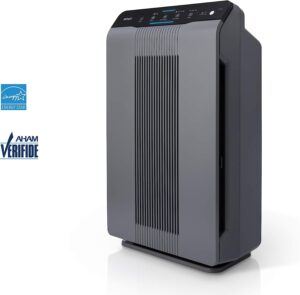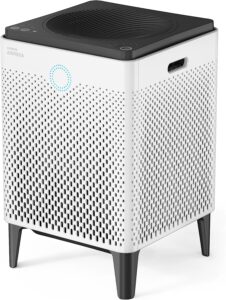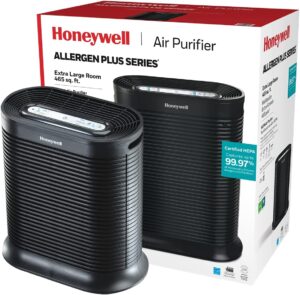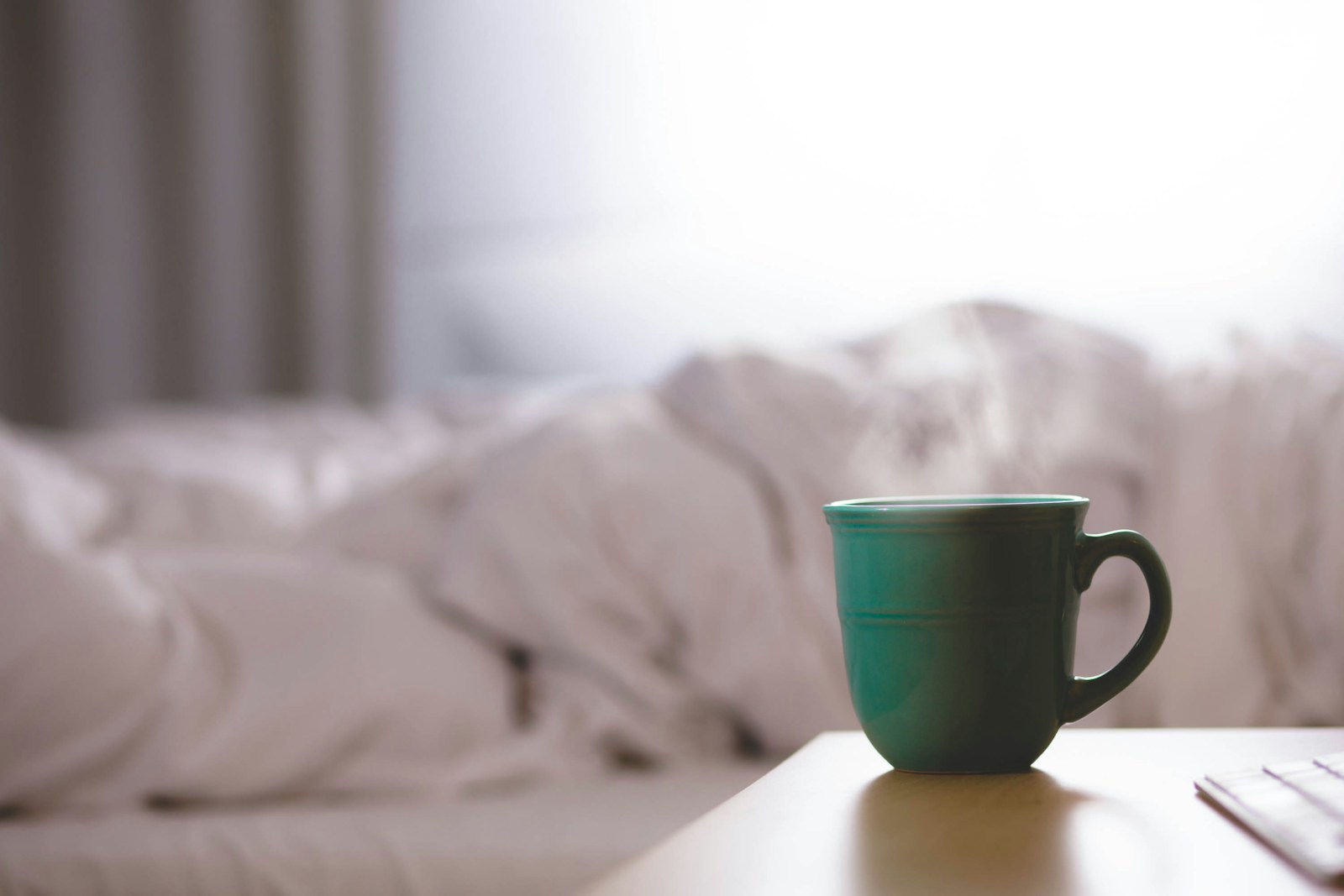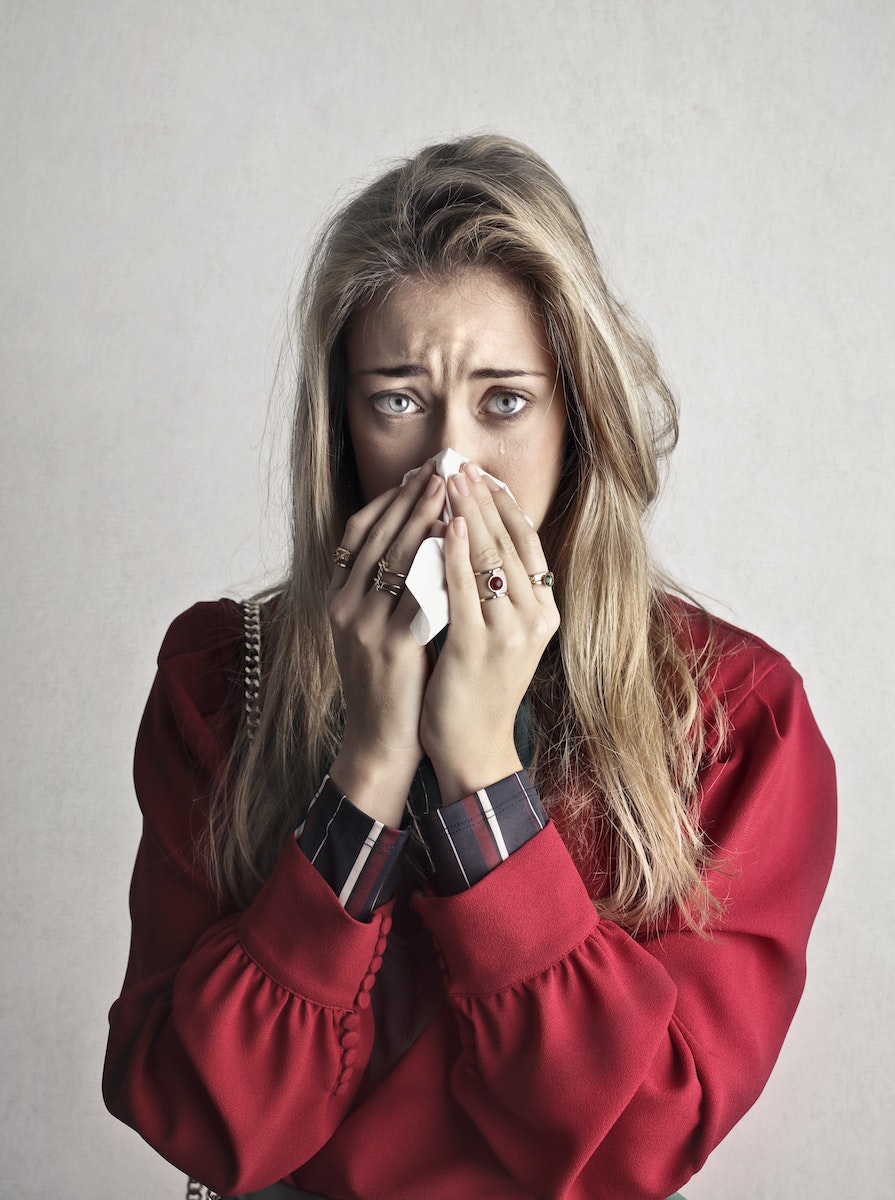
Choosing The Best Air Purifier For Allergies
Choosing the best air purifier for allergies can be a challenging task with so many options available. For those with allergy issues air purifiers are an excellent way to keep your home clean and free from airborne allergens like pollen, pet dander, and dust mites. But how do you know which air purifier is best for your specific needs? In this blog post, we will discuss the features and benefits of air purifiers specifically for allergy sufferers and provide tips on how to choose the one that’s best for you.
Understanding Allergies and Indoor Air Quality
If you suffer from allergies, you know how frustrating and uncomfortable it can be. Indoor air quality plays a significant role in exacerbating allergy symptoms. Dust mites, pet dander, and pollen are just a few of the common allergens that can circulate through the air inside your home.
Fortunately, there are allergy solutions available that can help you breathe easier and feel more comfortable. Top air purifiers can significantly reduce the amount of allergens in your home’s air. These appliances are designed to capture and filter out harmful particles, so they don’t make their way into your lungs.
To effectively combat allergens with an air purifier, you’ll want to select one that meets your specific needs. Understanding your particular allergy triggers and the types of particles you need to filter will help you make the best decision for your home.

Check out our next section for tips on what to look for when selecting an air purifier for allergies.
What to Look for in an Air Purifier for Allergies
When searching for the best air purifier for allergies, there are several key factors to consider. The first is the type of air purifier. The top air purifiers for allergies typically utilize HEPA (High-Efficiency Particulate Air) filters, as these are known for effectively capturing allergens such as pollen, pet dander, and dust mites.
Another important aspect to look for is the size and coverage area of the air purifier. It’s crucial to choose a purifier that can effectively clean the air in the room where it will be used. Consider the square footage and make sure the purifier is designed for the appropriate room size.
Additionally, noise levels and energy consumption are important considerations. Look for an air purifier that operates quietly, especially if it will be used in a bedroom or living area. Energy-efficient models can help keep your electricity bill in check.
Lastly, consider any additional features that may be beneficial for allergy sufferers. Some purifiers have specialized filters or modes for trapping specific allergens, while others may have smart sensors that detect air quality and adjust settings accordingly.
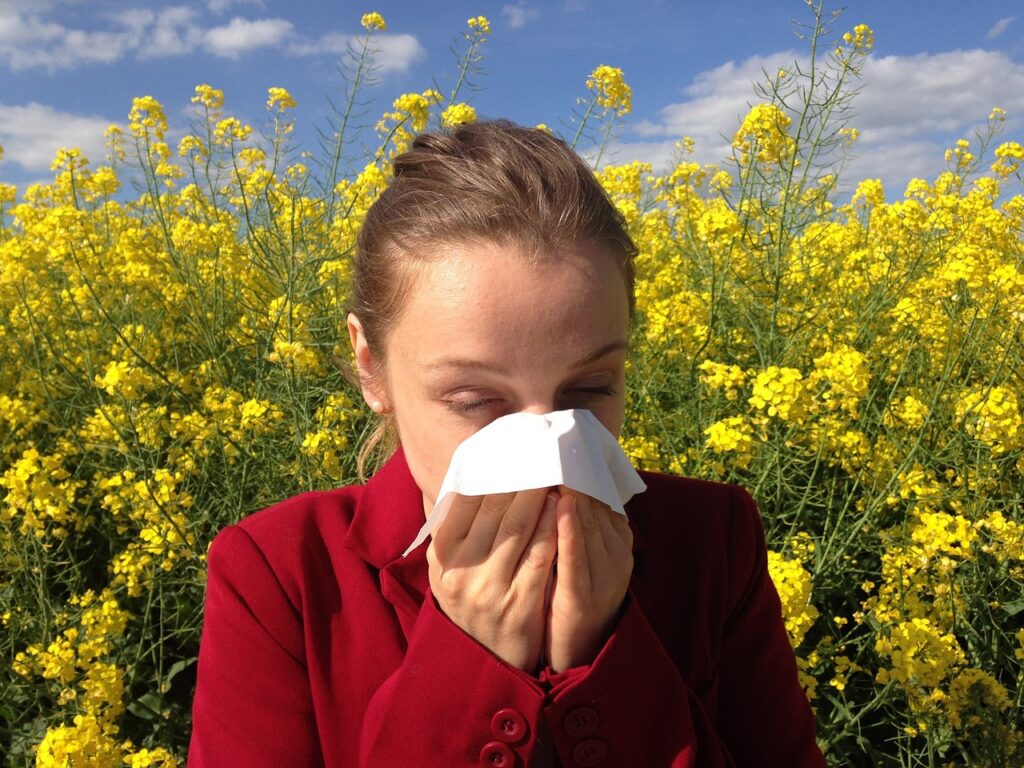
By keeping these tips in mind, you can make an informed decision when choosing an air purifier for allergies. Remember, finding effective allergy solutions is crucial for improving indoor air quality and reducing allergy symptoms.
Top 3 Air Purifiers for Allergies
When it comes to finding the best air purifier for allergies, there are a lot of options out there. Here are some of the top air purifiers on the market that are designed to help those with allergies:
- Winix 5300-2 Air Purifier: This air purifier is equipped with a True HEPA filter that captures 99.97% of airborne pollutants, including dust mites, pollen, and pet dander. It also has a washable AOC Carbon Filter that reduces odors and other volatile organic compounds.
- Coway AP-1512HH Mighty Air Purifier: With a 4-stage filtration system, this air purifier can capture a wide range of allergens, including pollen, dust, and pet dander. It also has a washable pre-filter that helps extend the life of the HEPA filter.
- Honeywell HPA300 Air Purifier: This powerful air purifier is capable of capturing particles as small as 0.3 microns, making it effective at removing allergens like pollen, dust, and mold spores. It also has a Turbo Clean setting for when you need extra cleaning power.
HEPA Filters and their Importance for Allergy Sufferers
If you suffer from allergies, it’s important to choose an air purifier with a HEPA (High-Efficiency Particulate Air) filter. These filters are designed to capture small particles, such as pollen, dust, and pet dander, which are often the main culprits of allergy symptoms.
HEPA filters work by trapping these particles in a dense web of fibers, preventing them from circulating in the air. This means that the air in your home is cleaner and fresher, reducing the likelihood of an allergic reaction.
When choosing an air purifier with a HEPA filter, look for one with a true HEPA rating, which means it has been tested and certified to capture particles as small as 0.3 microns. Also, consider the size of the room you will be using the air purifier in, as you will need a larger unit for bigger spaces.
Tips for Allergies: Don’t forget to change the HEPA filter regularly, as a dirty or clogged filter can reduce its effectiveness. Most manufacturers recommend replacing the filter every 6-12 months, depending on usage. By investing in an air purifier with a HEPA filter and keeping it well-maintained, you will enjoy a cleaner, healthier indoor environment.
How to Maintain and Clean your Air Purifier for Optimal Performance
Proper maintenance and regular cleaning of your air purifier is crucial to ensure optimal performance and effective allergy relief. Here are some tips for allergies on how to maintain and clean your air purifier:
- Refer to the manufacturer’s instructions: Every air purifier is unique, so it’s important to read the manual and follow the specific maintenance guidelines provided by the manufacturer.
- Regularly replace the filters: The filters in your air purifier trap and remove allergens from the air. Over time, these filters can become clogged and lose their effectiveness. Check the recommended filter replacement schedule and make sure to replace them as necessary.
- Clean the pre-filter: Many air purifiers have a pre-filter that helps to capture larger particles like pet hair and dust. This pre-filter can get dirty quickly, so it’s important to clean or replace it regularly to ensure the main filters can work efficiently.
- Vacuum the unit: Dust and debris can accumulate on the surface of the air purifier, hindering its performance. Use a soft brush attachment to gently vacuum the exterior and vents of the unit to remove any build-up.
- Wipe down the casing: Use a damp cloth or mild cleaning solution to wipe down the casing of the air purifier. This will help to remove any dirt or grime that may have accumulated over time.
By following these tips for allergies, you can ensure that your air purifier continues to perform at its best, providing you with cleaner, allergen-free air and relieving your allergy symptoms.
Regular maintenance and cleaning are essential to prolong the lifespan of your air purifier and ensure its optimal performance in improving indoor air quality.
Other Factors to Consider when Choosing an Air Purifier for Allergies
In addition to understanding the types of allergies you have and what to look for in an air purifier, there are other factors to consider when making your final purchase. One of these factors is the size of the room where the air purifier will be used. Make sure to choose an air purifier that is powerful enough to cover the square footage of your room.
Additionally, consider the noise level of the air purifier. If you plan on using it in a bedroom or other quiet space, you may want to choose a model with a lower noise level.
It’s also important to consider the cost of replacement filters and how often they need to be changed. Some air purifiers require more frequent filter changes than others, which can add up over time.
Lastly, take into account the design and style of the air purifier, as it will be a visible addition to your home.
By following these tips for allergies, you can ensure that your air purifier continues to perform at its best, providing you with cleaner, allergen-free air and relieving your allergy symptoms. Regular maintenance and cleaning are essential to prolong the lifespan of your air purifier and ensure its optimal performance in improving indoor air quality.
Check out our related articles Here:
The Truth About Air Purifiers: Are They Worth It?
The #1 Air Purifier For The Bedroom
What The Research Says:


